August 2021 Newsletter
Sign up to receive our Center Newsletter!
CENTER DIRECTOR, CAROLYN MATTINGLY, AND DEPUTY DIRECTOR, DETLEF KNAPPE WELCOME YOU

We’re so pleased to launch the inaugural newsletter for our Center for Environmental and Human Health Effects of PFAS. Funded in February 2020 just as research operations were shutting down as a result of the pandemic – it has been a challenging first year to say the least, but we persevered! We used this time to create a community, engage our new trainees, further develop analytical methods and data analysis pipelines, and eventually get back to lab and field work.
We’ve had many accomplishments since our Center was established including publications describing findings from our projects and cores, trainee awards and supplements that will expand our population-based studies to include new, affected communities and to assess COVID-19 outcomes. We’re grateful for our partnerships with East Carolina University, UNC-Chapel Hill, Cape Fear River Watch, Haw River Assembly, and Sustainable Sandhills. You can read more about us here.
In the coming year, we look forward to building strong partnerships with other SRP Centers, and particularly to working with many of you on the planning for the 35th Annual SRP Meeting – see you in Raleigh in December!
– Carolyn Mattingly, Director and Detlef Knappe, Deputy Director
RESEARCH AND CENTER UPDATES
How do PFAS impact the immune system?

Human and model system studies suggest that PFAS exposure alters immune system function, and, potentially, the ability to fight disease. Questions remain about how PFAS elicit immunotoxicity. Dr. Jamie DeWitt, Research Translation Coordinator and Co-Investigator of Project 2, works to address these questions.
It has been shown that elevated levels of certain PFAS can decrease antibody production. Dr. DeWitt hypothesizes that PFAS may be targeting B cells, which are important in antibody production. To test the hypothesis, Dr. DeWitt and Project 2 researchers are looking at two parts of the problem.

First, they will determine whether the number of cells change as B cells transition from naive to antibody-secreting plasma cells. B cells have to go through multiple phases to produce antibodies. Dr. DeWitt wants to see if there are changes in the number of B cell subtypes, indicating that one or more specific subtypes of B cells could be impacted by PFAS.
Second, the researchers would like to learn which “type” of energy is being used during these transitions. It takes a lot of energy for B cells to transition and previous research has indicated that PFAS can impact certain types of energy of the body.
Currently, Dr. DeWitt and Dr. Seth Kullman are developing and testing the methods with legacy PFAS such as perfluorooctanoic acid (PFOA) so that they can apply the methods to understudied PFAS. Learn more about Jamie DeWitt’s work in Project 2 here and keep an eye out for results from the study in future newsletters!
Dr. Jane Hoppin expanding the reach of the GenX Exposure Study

In 2016, a novel PFAS called GenX and other known PFAS chemicals were discovered in drinking water in Wilmington, North Carolina. In response to this discovery, Dr. Jane Hoppin and collaborators at NC State and East Carolina University (ECU) secured R21 funding from the National Institute of Environmental Health Sciences (NIEHS) for time-sensitive research opportunities and launched the GenX Exposure Study (now in conjunction with Project 1 of NC State’s Superfund Center). As part of Project 1 and administrative supplement support, the team is expanding the GenX Exposure Study recruitment and health outcomes measured.
The GenX Exposure Study began with targeted recruitment of 350 residents from Wilmington, NC and 150 residents from Fayetteville, NC. This year, the team will expand the study to 500-600 residents from Wilmington and Fayetteville each, and 200-400 residents from Pittsboro, NC. These locations were chosen because they represent a diversity of PFAS exposure; both Wilmington and Pittsboro use the Cape Fear River as their drinking water source, while the Fayetteville study area relies on private wells for their drinking water.
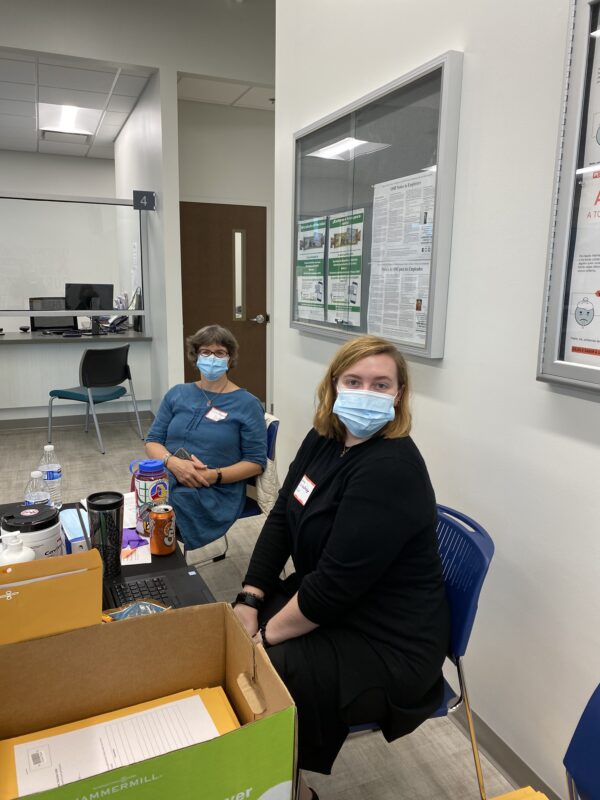
In addition to ongoing analysis of blood and urine samples to determine PFAS exposure composition and levels, Dr. Hoppin will evaluate whether these PFAS mixtures influence thyroid-related health outcomes. Through an NIEHS Notice of Special Interest funding, the team will also evaluate associations between an individual’s response to the COVID-19 vaccine and their PFAS levels. Specifically, Dr. Hoppin and Project 1 researchers will be testing vaccine antibodies to understand both an individual’s ability to mount a response to the vaccine, and how the level of antibodies change over time.
You can learn more about Project 1 here and stay up-to-date on the GenX Exposure Study here!
Dr. Erin Baker driving analytical innovation
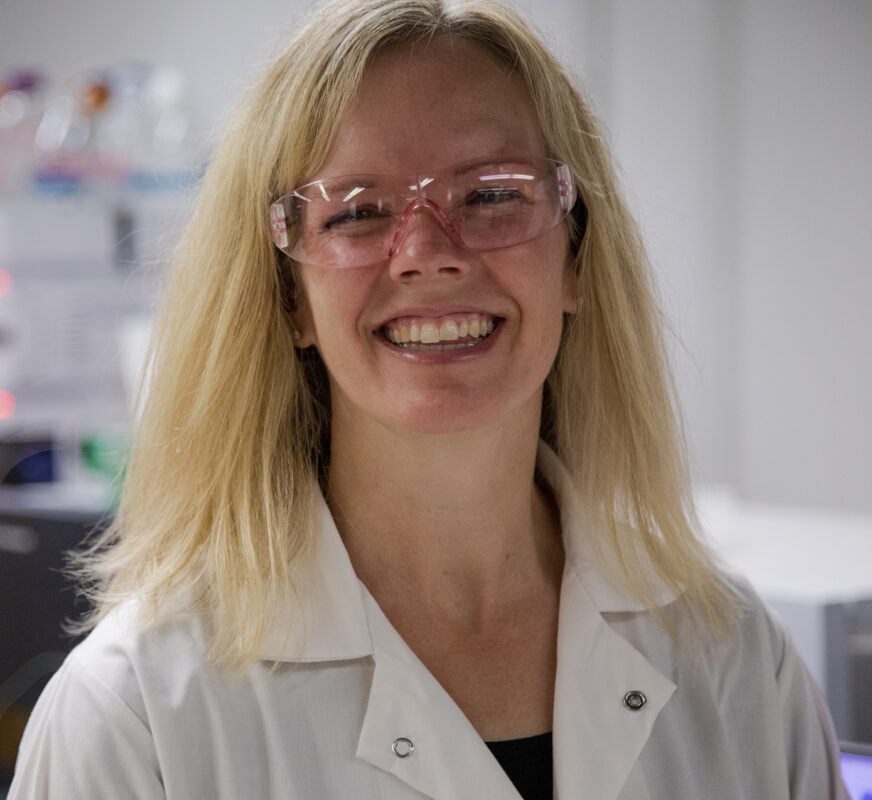
Dr. Erin Baker leads the analytical support core for NC State’s Superfund Center known as the Core of Advanced Platform Technologies Used for Remediation and Exploration (CAPTURE). Drs. Baker and Jeff Enders (CAPTURE’s Mass Spectrometrist) use state-of-the art instrumentation and novel analytical approaches to support the Center’s research, training, and engagement goals.
Currently, Dr. Baker and her graduate student, Kaylie Kirkwood (a center trainee), are assisting NC State’s Dr. Jamie DeWitt (Project 2) in determining how different lipids are impacted by the various PFAS. Lipids molecules are critical to the structure of cells, including the cell membrane.
Dr. Baker and Kaylie are also collaborating with Dr. Scott Belcher (Project 3) to evaluate current and historical levels of PFAS in the environment by evaluating accumulation in pine tree needles. They have determined that the waxy coating of pine needles collects molecules from the air, which could be used to evaluate PFAS contamination globally.
In addition to supporting specific project goals, a major aim of CAPTURE is to discover novel PFAS. Each PFAS has a unique value on their analytical platform using Ion Mobility and Mass Spectrometry. When a sample is run and unique values are found, additional tests are performed by Dr. Baker’s graduate student MaKayla Foster (another trainee of the center) to investigate if these might be novel PFAS.
Learn more about the CAPTURE analytical core here and watch for updates on Dr. Baker’s research group in future newsletters!
Cape Fear River Watch – a community partner and force for change

Words from Dana Sargent, Cape Fear River Watch Executive Director:
“Cape Fear River Watch has been actively engaged in the fight against PFAS since we woke to the news in June of 2017 that our Cape Fear River, the drinking water supply for 250,000 people, in an ecologically diverse hotspot, had been contaminated by PFAS for 40+ years. We are proud to work with the NC State Superfund Center to enhance community outreach and engagement on this threat to the environment, our health and our way of life.
This past fall, Cape Fear River Watch supported the Center’s recent work to expand the GenX Exposure Study through engagement with the community to increase recruitment, as well as by linking the Center to University of North Carolina – Wilmington students to support the clinic. We collaborate with the Center by ensuring that data and research are communicated to our legislative officials as well as our community. In this most recent session, legislators filed numerous PFAS-related bills, and we are encouraged that our outreach helped facilitate bipartisan support for a ban on the use of Aqueous Film Forming Foam (AFFF) in training, and passage in the House of Representatives.
Cape Fear River Watch, along with other community partners, filed a petition to the Environmental Protection Agency (EPA) to force PFAS polluter, Chemours, to fund health and toxicity studies. This work garnered national attention and we have held meetings with the EPA and Justice Department, in which we had opportunities to share our PFAS story and affect meaningful change. Cape Fear River Watch recently hosted a virtual seminar in which several PFAS advocates, including other community partners of our Center (Emily Sutton from the Haw River Assembly) and project lead, Dr. Jamie DeWitt, presented health information on PFAS to more than 100 attendees.
We look forward to continuing our strong partnerships with the NC State Superfund Center in a range of capacities including supporting research, legislative and regulatory work, outreach and education. We will continue our fight until polluters are held to account and our Cape Fear River basin is safe from these toxins.”
To keep up with Cape Fear River Watch, go to www.capefearriverwatch.org and sign up to receive their weekly e-newsletter!”
AWARDS, HONORS, AND RECOGNITIONS
CEC Director Katy May wins NC State Outstanding Engagement Award

Katy May, Community Engagement Core (CEC) Director, won the Outstanding Engagement Award by the NC State’s Office of Outreach and Engagement for her exceptional work with communities impacted by PFAS contamination. Congratulations, Katy!
Detlef Knappe wins Alumni Outstanding Extension and Outreach Award

NCSU Superfund Center Deputy Director and Project 4 Co-lead, Detlef Knappe, was honored with the Outstanding Engagement Award from NCSU’s Office of Outreach and Engagement. Dr. Knappe’s discoveries of contaminants including PFAS in the Cape Fear River Basin, as well as his commitment to engagement with impacted community members and utilities in the area, makes him well-deserving of recognition. Congratulations, Detlef!
David Reif to serve on U.S. EPA Science Advisory Committee on Chemicals (SACC)

DMAC Director David Reif was named to the EPA SACC for a four-year term by Administrator Michael Regan. The Science Advisory Committee on Chemicals provides independent scientific advice and information to the EPA Office of Pollution Prevention and Toxics for risk assessments, methodologies and pollution prevention measures or approaches. Congratulations to Dr. Reif!
SRP Trainee Nnamdi Osakwe wins Best Poster Award at the 2021 Genomic Science Symposium

Nnamdi Osakwe (NC State SRP Trainee) won the “Best Poster” award at the 2021 Genomic Science Symposium for his presentation titled: “Building Comprehensive Models of Environmental Integrity.” Congratulations to Nnamdi!
SRP Trainee Preethi Thunga wins Best Presentation Award at 2021 Genomic Sciences Symposium

Preethi Thunga won the Best Presentation award at the 2021 Genomic Sciences Symposium for her lightning talk presentation titled: “High-throughput chemical hazard identification using behavioral assessments in zebrafish.” Congratulations, Preethi!
SRP Trainee Thomas Jackson wins Teaching Assistant Award

NC State Superfund Center trainee, Thomas Jackson, won a Teaching Assistant award. Thomas is a 4th year Ph.D. student in the Toxicology Program working in Dr. Scott Belcher’s lab. Congratulations to Thomas!
SRP Trainee Kaylie Kirkwood wins 1st place for the best platform presentation at CSETAC
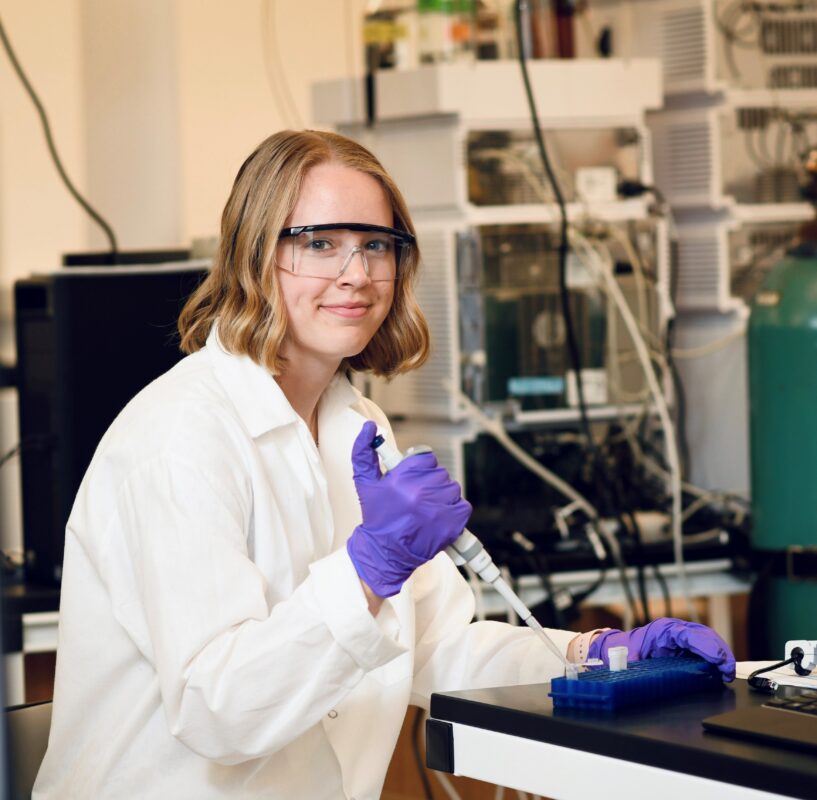
Kaylie Kirkwood won 1st place for her virtual presentation titled “Utilizing Pine Needles and Untargeted Multidimensional Measurements to Monitor Legacy and Emerging PFAS in North Carolina” at the Carolinas Society of Environmental Toxicology and Chemistry (CSETAC) Annual Meeting. Congratulations, Kaylie!
TRAINEE UPDATES
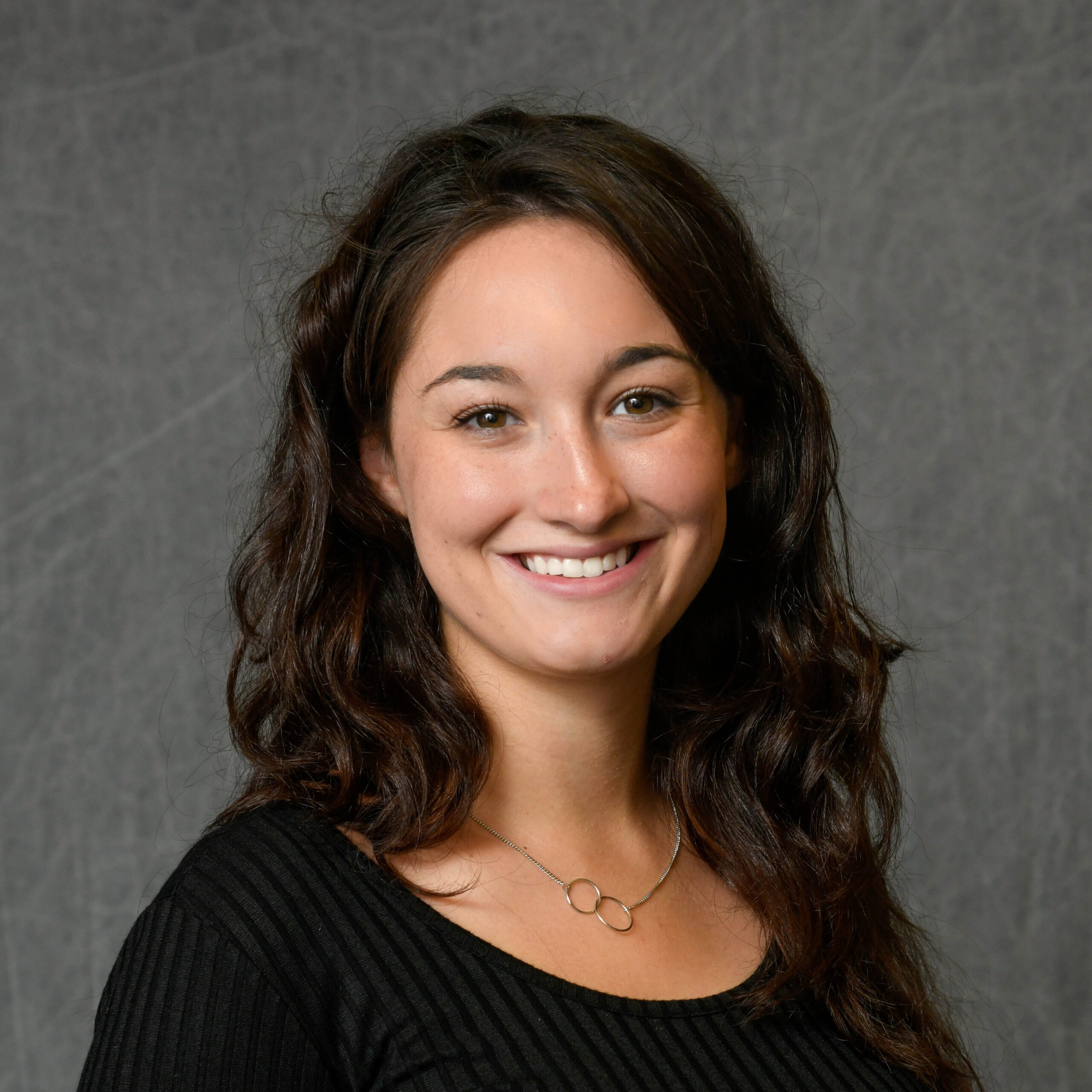
SRP Trainee MaKayla Foster presented at 2021 Carolinas and Southeast SETAC Joint Annual Meeting

SRP Trainee Amie McElroy presented at NC State’s PFAS Working Group

SRP Trainee Adrian Green to serve on Computational Toxicology Study Section of Society of Toxicology

SRP Trainee Chuhui Zhang presented at NC State’s PFAS Working Group
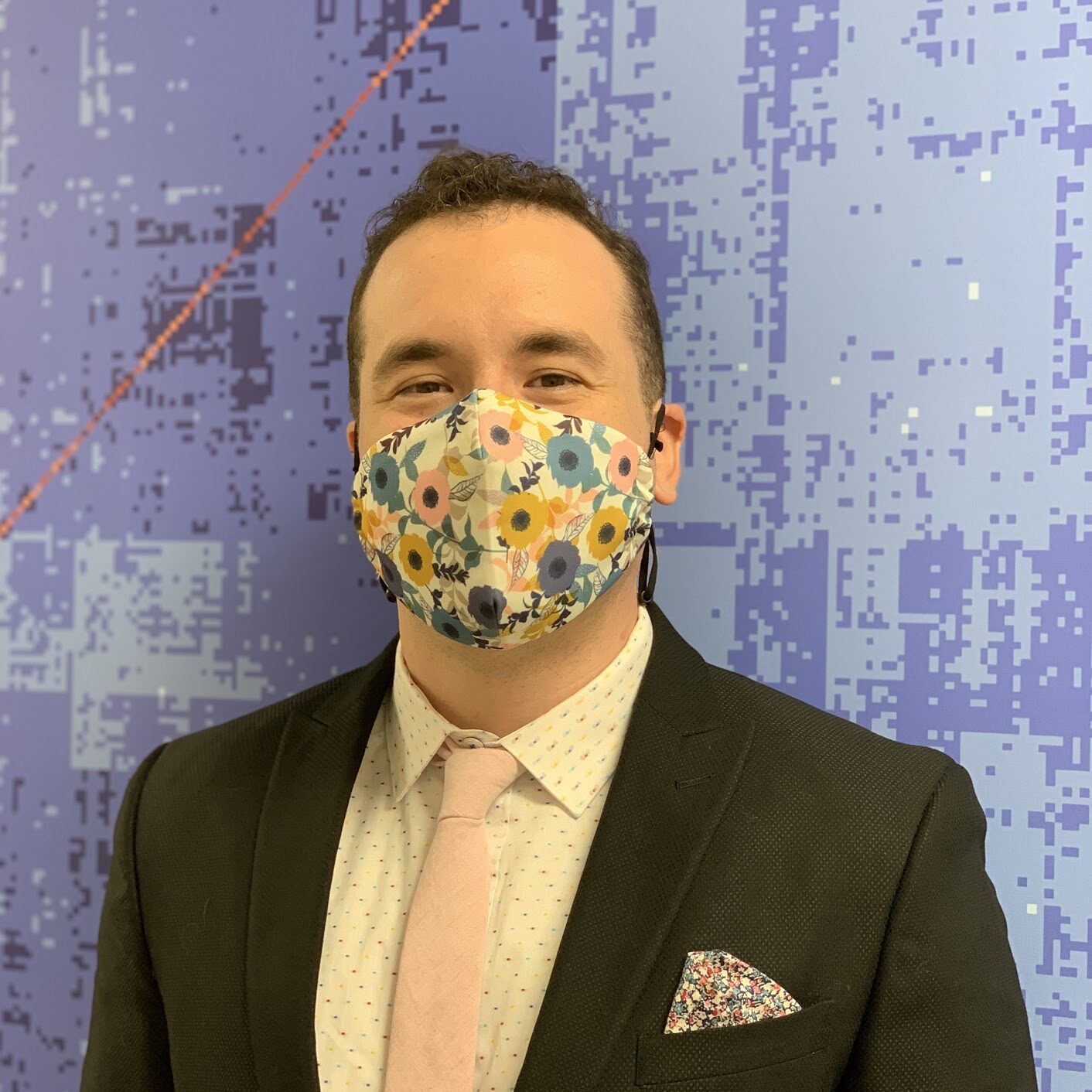
SRP Trainee Dylan Wallis to serve on NC State College of Science’s Committee on Diversity, Equity, and Inclusion

SRP Kaylie Kirkwood presented at the Metabolomics Society Meeting
CENTER EVENTS: PAST, PRESENT, AND FUTURE
NC State to co-host Superfund Research Program 35th Anniversary Annual Meeting.
The in-person meeting has been postponed and dates are TBD. For the moment, please continue to hold the December 15-17, 2021 dates, as we may be holding virtual events during this time.
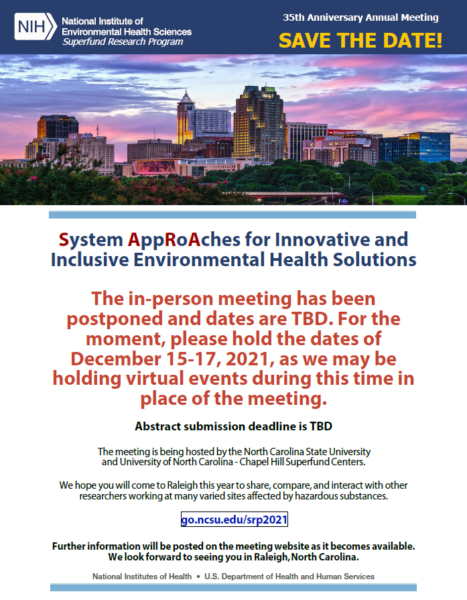
We are excited to announce that NC State and UNC Chapel Hill will be hosting the SRP 35th Anniversary Annual Meeting “System AppRoAches for Innovative and Inclusive Environmental Health Solutions”. This event will be held both virtually and in person at Talley Student Union at NC State. Dates are to TBD. Learn more and register for the event HERE!
Save the Date: Practical Approaches to Community Engagement Webinar

August 2 & 4 at 1-3pm EDT Community Engagement Cores from EPA Region 4 Superfund Centers hosted a webinar on practical approaches to community engagement for Superfund trainees. The event included an interactive portion where trainees can present 3-minute research pitches to community partners for feedback.
NC State Superfund Center co-hosts #PFAScomm: Communicating PFAS Science to Impacted Communities

The webinar taught trainees how to communicate complex PFAS science to impacted community members. Using skills learned in the webinar, trainees then competed in an elevator-pitch style competition where they presented their research to PFAS-impacted community members. Congratulations to Chrissy Crute from Duke University for winning 1st place, Anna Boatman from NC State for winning 2nd place, and Kaylie Kirkwood from NC State for winning People’s Choice!
RECENT PUBLICATIONS
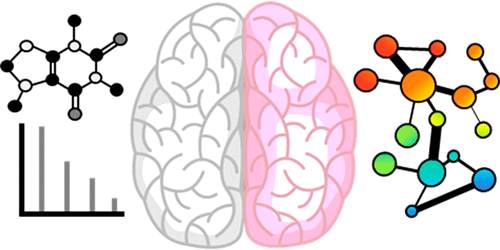
CAPTURE Director Erin Baker and DMAC Director David Reif authors on “Multiomic Big Data Analysis Challenges: Increasing Confidence in the Interpretation of Artificial Intelligence Assessments“
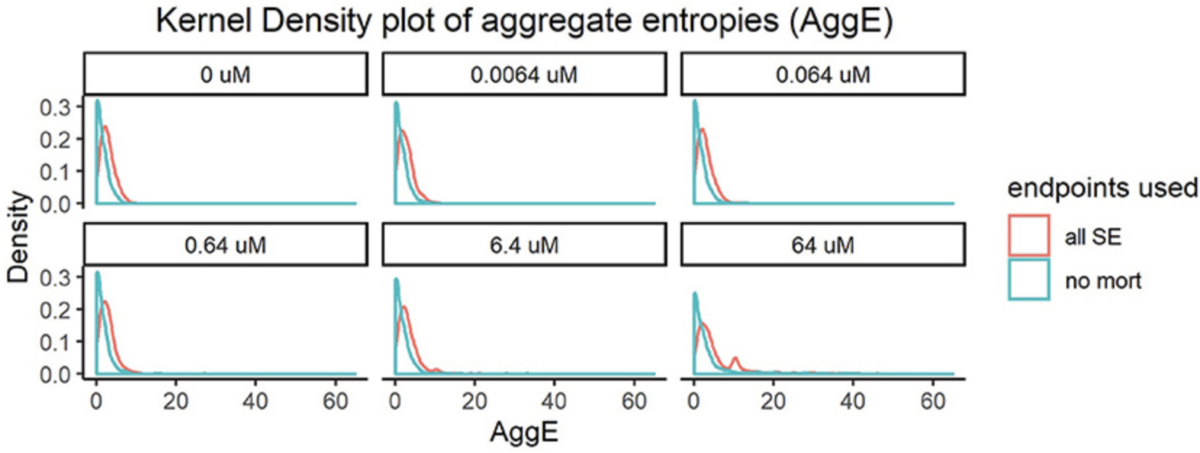
SRP Trainee Preethi Thunga first author and David Reif on “Concurrent Evaluation of Mortality and Behavioral Responses: A Fast and Efficient Testing Approach for High-Throughput Chemical Hazard Identification“
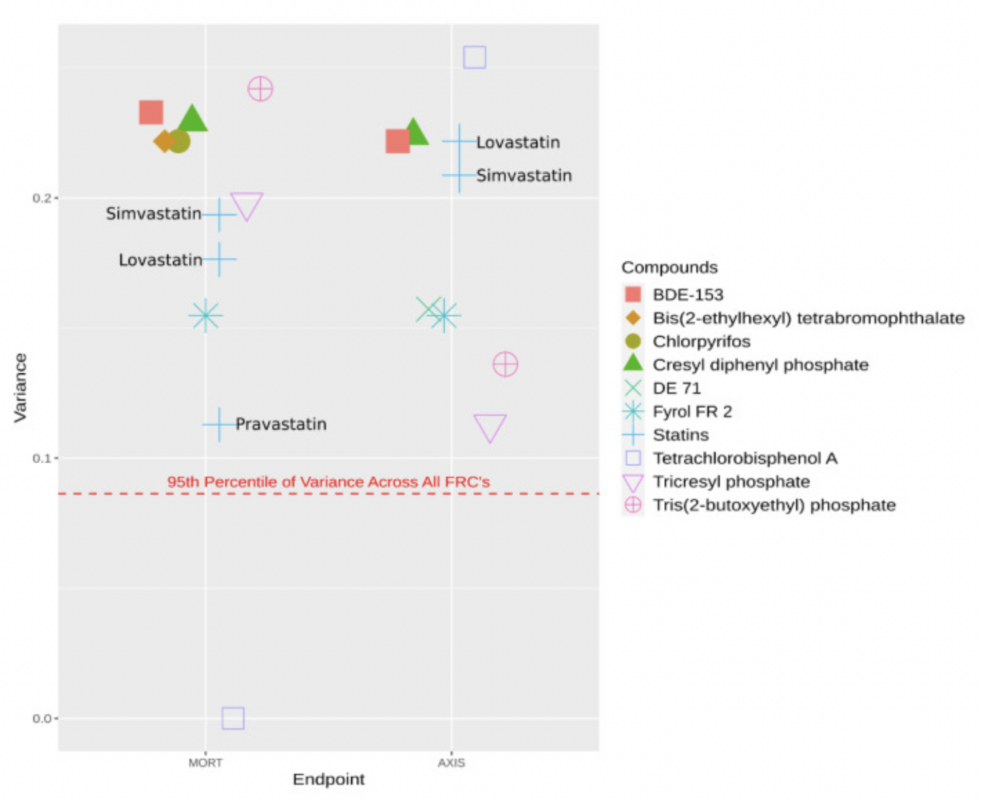
SRP Trainee Dylan Wallis first author and David Reif on “Uncovering Evidence for Endocrine-Disrupting Chemicals That Elicit Differential Susceptibility through Gene-Environment Interactions“
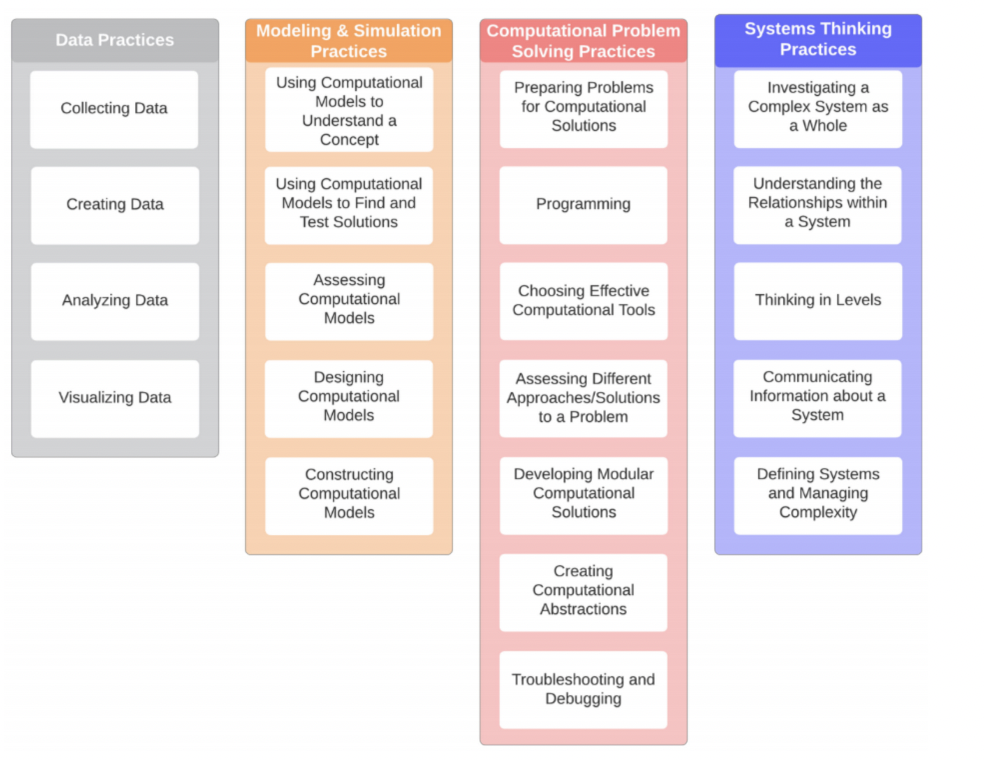
SRP Trainee Adrian Green and David Reif on “Development of a Pandemic Awareness STEM Outreach Curriculum: Utilizing a Computational Thinking Taxonomy Framework“
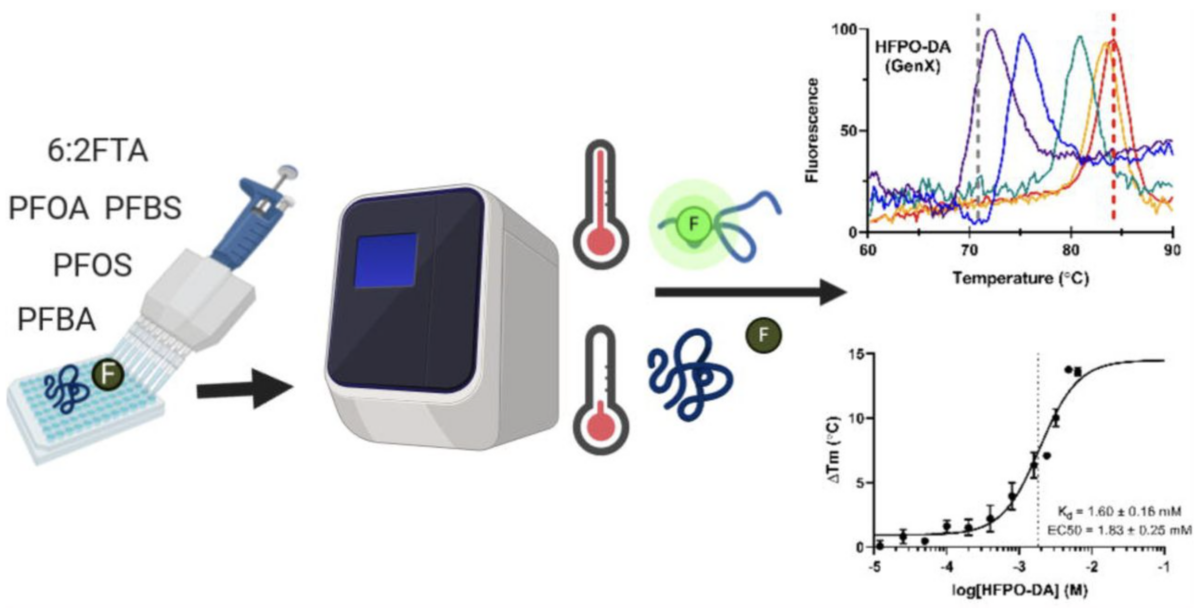
SRP Trainee Thomas Jackson first author and Project 3 Co-lead Scott Belcher on “Rapid Characterization of Human Serum Albumin Binding for Per- And Polyfluoroalkyl Substances Using Differential Scanning Fluorimetry“
PFAS IN THE NEWS
The Federal EPA will require monitoring for 29 PFAS
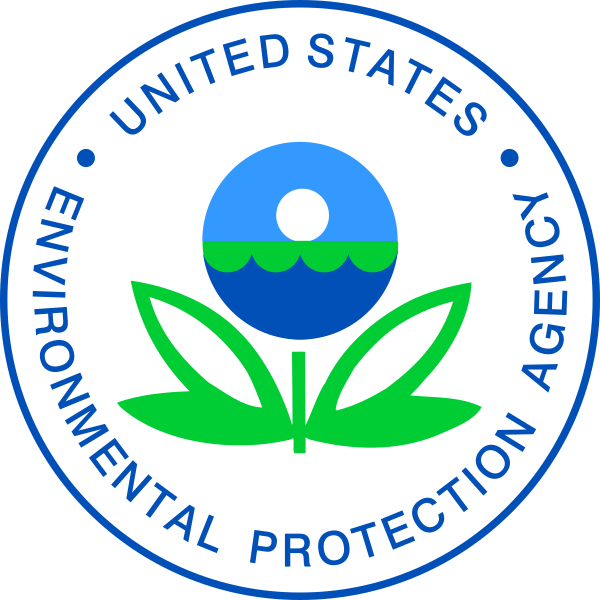
In March 2021, the U.S. Environmental Protection Agency (U.S. EPA) released a proposed list of 30 unregulated priority contaminants to be monitored by public water systems. 29 of the 30 contaminants were PFAS. The chemicals chosen are considered the highest priority unregulated water contaminants in the U.S. The U.S. EPA has also created an Action Plan to address PFAS and protect public health.
North Carolina investigates GenX Chemicals

North Carolina’s Department of Environmental Quality (NC DEQ) is investigating PFAS contamination along the Cape Fear River. Per the investigation, residents living in the sampling area near the Chemours Fayetteville Plant can request to get their water tested for PFAS and may qualify for drinking water alternatives.
Learn more about the NC DEQ GenX Investigation and the qualifications for free testing and drinking water alternatives.
North Carolina takes legal action against Chemours for PFAS pollution

North Carolina’s Attorney General took legal action in October 2020 against DuPont and Chemours, a chemical manufacturing plant, for polluting the Cape Fear River and its watershed with high levels of PFAS.
North Carolina Legislation introduces law to ban PFAS

North Carolina’s General Assembly recently filed several bills related to PFAS chemicals. House Bill (HB) 501 would ban manufacturing, using and distributing of PFAS. HB 502 calls for more mitigation measures, including making permit-holders eliminate PFAS from any discharge. HB 503 calls for state agencies to study the cost and health impacts of PFAS. HB 506 would make the manufacturer discharging PFAS liable for the cleanup and alternate water sources.
Subscribe to the Center Newsletter below
